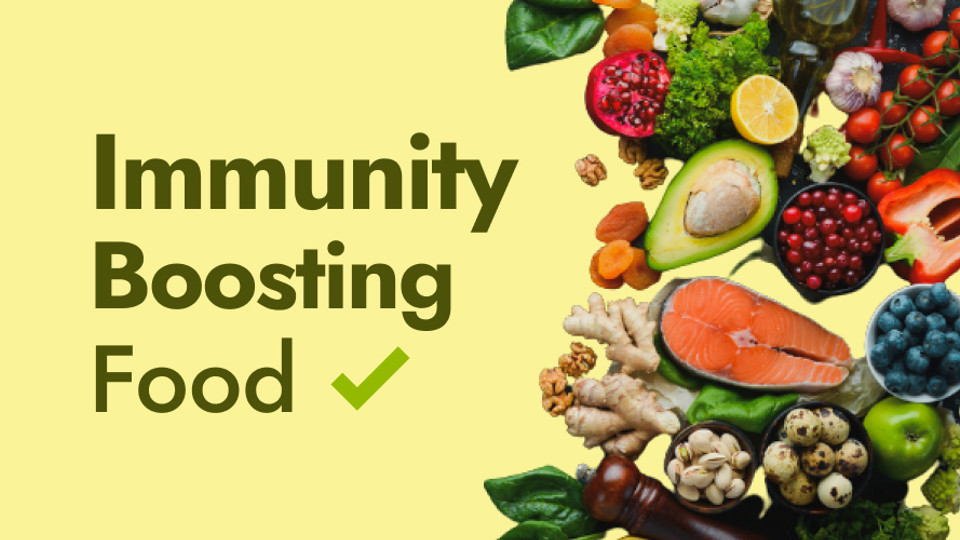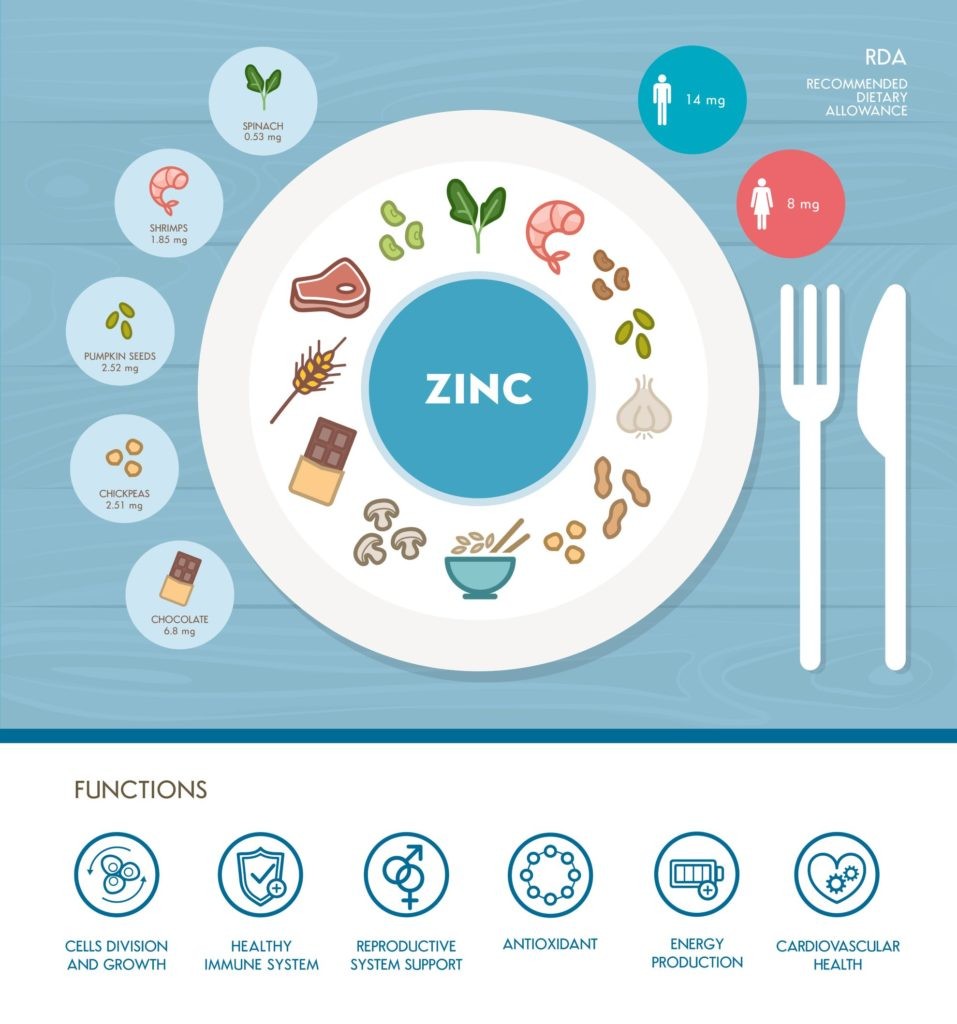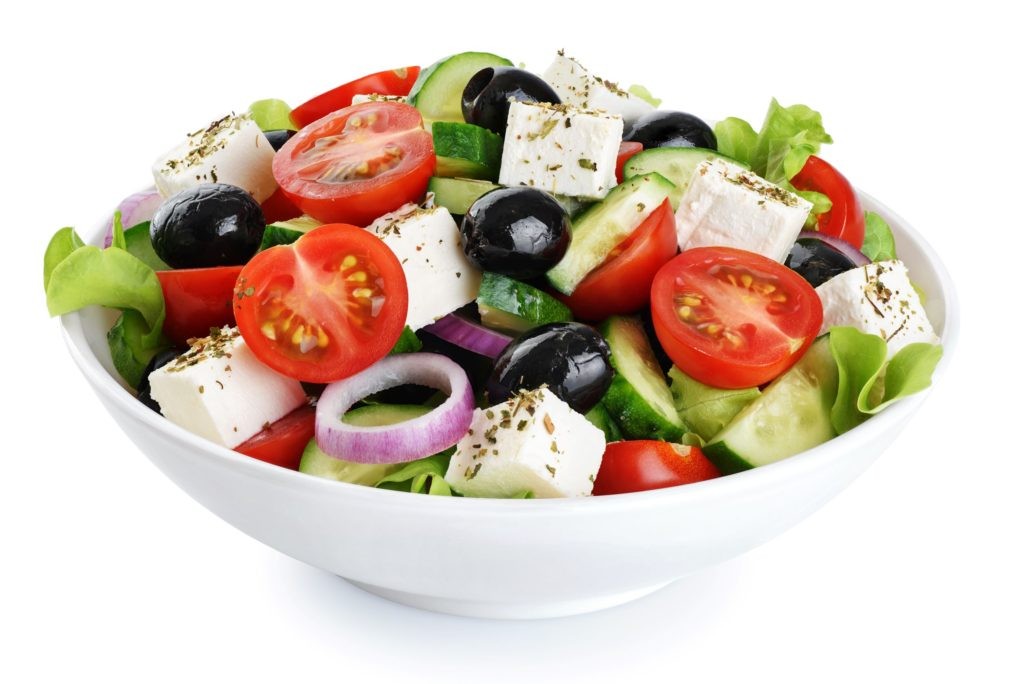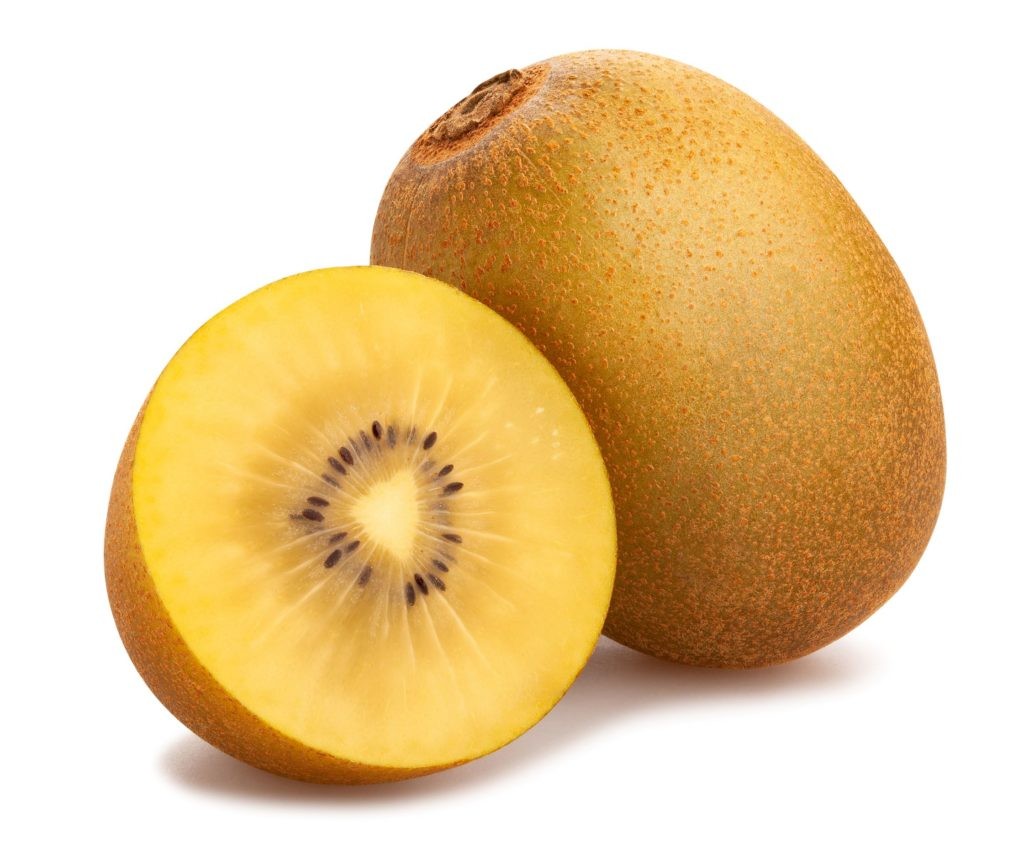
What is our immune system and how does it work?
Our immune system consists of organs, cells & proteins that work together to protect against invaders. Its main functions include creating a barrier to stop pathogens (foreign substances) from entering, identify pathogens, eliminate pathogens and create an immunological memory. This “immunological memory” allows your body to remember how to kill invaders most efficiently when they next attack.

There are 3 main types of immunity.
1. Innate immunity
This is the type of immunity that you are born with. It is your first line of defence and it jumps into action when a foreign substance is detected. Immune cells surround and engulf invaders in an attempt to kill them. Innate immunity is fast and fiery and will try to kill anything it does not recognise, therefore it is considered a non-specific immunity.
Examples of innate immunity include enzymes in your tears, mucus that traps small particles and bacteria, your skin that acts as barrier, your stomach acid and your cough reflex.
2. Adaptive or Acquired Immunity.
This protection is acquired through exposure to different environments. Unlike innate immunity, adaptive immunity can identify the culprit that is causing the infection and specifically targets the germ. It then creates an “immunological memory” so that when it encounters that germ again, it will react immediately and result in a shorter and milder infection.
This system includes:
- B-cells (B lymphocytes): help fight off viruses and bacteria by making antibodies.
- Antibodies attach onto foreign invaders and help the immune system identify who the invader. The antibodies are “marking” the virus so that the T-cells know who to destroy.
- T-cells (or T lymphocytes). They activate other immune cells, kill infected cells, and remember the germs responsible.
3. Passive Immunity
Temporary immunity occurs when antibodies are passed from one individual to another (and these antibodies are not created by the receiver’s own immune system). This mainly occurs between mothers and their babies through the placenta or breast milk. While innate and adaptive immunity last for a long time, passive immunity only lasts for a few days or months.
What foods lowers your immune system?
-
A Western Diet
A Westernized diet has been linked to an altered gut microbiota and weaker immune system, when compared to a Mediterranean diet. It is high in saturated fats, refined grains, sugar, salt, alcohol and low fruits, vegetables and wholegrains. The increased availability, accessibility and affordability of ultra-processed foods and fast food has shifted many of our diets to be high in energy but low in micronutrients. This has contributed to higher levels of non-communicable diseases (such as diabetes, Metabolic Syndrome, heart disease, dementia) and a weaker immune system.
Most people’s diets aren’t strictly a Western diet or a Mediterranean diet. Instead, they sit somewhere in the middle. Therefore, being able to shift your diet by having more Mediterranean-inspired meals will help improve your immunity.

-
Undernutrition and Micronutrient deficiencies
Undernutrition is when individuals don’t have enough energy and nutrients for goof health. What we see when individuals are under-nourished and/or have micronutrient deficiencies is that they have poor wound healing, recurring infections and delayed recovery. We see this a lot in the elderly population BUT I also see it a lot in individuals who do yo-yo dieting. Often times, their eating is so restrictive in certain phases that they are actually causing nutrient deficiencies and impacting their immunity.
Therefore, it is extra important that if you are in a fat loss phase, that you don’t cut out entire food groups and you’re staying in a calorie range that is still safe. (>1200cal / 1500cal)
Habits That Weaken Your Immune System
-
Overeating
Being above a healthy weight is linked to lower immune function, altered cell-mediated immunity and white blood cell counts.[1] Individuals above a healthy weight had a 3x higher risk of severe COVID-19. Each additional point above a BMI of 25 in Asian populations was linked to a 12% increase in risk of needing hospitalisation and critical care, severe complications, and needing an invasive mechanical ventilation. Additional chronic disease and lifestyle habits are linked to a poorer prognosis.
(Note: BMI > 30 is considered obese in Caucasian populations and BMI > 25 is considered obese in Asian populations)
-
Sedentary behaviour
We all know exercise is “good for us” but did you know that it can also reduce your risk of getting sick?
Regular, moderate-intensity exercise can reduce your riks of acutre respiratory infections and is associated with a shorter duration, lower intensity and lower risk of moratlity from infectious diseases. [2] It is important to note that without adequate recovery in the form of rest and refuelling nutrition, prolonged or high intensity exercise can result in poorer cell immunity and increased risk for infectious diseases.[3]
-
Not enough sunlight
Another risk of sedentary behaviour is insufficient sunlight exposure. Vitamin D helps regulate the innate and adaptive immune response. In fact, Vitamin D supplementation can reduce the risk of respiratory tract infection (including flu, cold, sinus infection, tuberculosis) in both adults and children.[4] In Australia, it takes individuals with fair skin approximately 30minutes in winter sun and 6-8minutes in summer sun to achieve adequate Vitamin D. In addition to sunlight exposure, eating vitamin D rich foods can help you reach your vitamin D needs. This includes oily fish, egg yolk, dairy products and fortified soy milk (including VitaSoy Calci-Plus).
What nutrients does the immune system need?
In order to thrive, the immune system needs enough energy and nutrients. The main nutrients to focus on for immunity are Vitamin A, Vitamin C, Vitamin D and Zinc.
- Vitamin A: It has anti-inflammatory effects and improves the intestinal barrier function and contributes to the white blood cells ability to ingest and kill bacteria. Too much Vitamin A, however, can be toxic. Therefore, it’s important to get your Vitamin A from foods, rather than supplements.The Recommended Daily Intake (RDI) for adult women is 700ug and for adult men it is 900ug. Red, orange and yellow fruit and vegetables are high in Vitamin A, along with leafy green vegetables.
Food (raw) Vitamin A (ug) 1 Sweet potato with skin 1,403 1 large carrot 534 1 cup pumpkin 495 1 mango 181 1 cup spinach 472 1 cup kale 443 1 large egg 80 - Vitamin C: It is an antioxidant that is also essential for healing wounds, maintaining healthy skin and supporting the barrier function of the immune system. Habitual Vitamin C supplementation (>200mg daily) can reduce the duration and severity of colds. You don’t need a supplement to reach 200mg of Vitamin C per day. It is achievable by having 2 serves of red, orange or yellow fruit and 5 serves of leafy green, red, yellow or orange vegetables.While most people think an orange is the richest vitamin C fruit, the humble golden kiwi just doesn’t get enough credit. Golden kiwis have double the vitamin C content that oranges do!
- Vitamin D: This is an extra important nutrient to make sure you’re getting enough off in winter. Just 30 minutes in the Australian winter sun or 6-8minutes in the Australian summer sun, is enough to get all your vitamin D for the day. Vitamin D has an important role in our immune system, helping reduce inflammation, protect our lungs from infection, and minimise growth of cancer cells. The sunshine vitamin can also be obtained from eating Vitamin-D rich foods including salmon, tuna, dairy, fortified plant-based milks, egg yolk, fortified juices.
- Zinc: It is a mineral that is needed in small amounts for fighting off infections, normal growth, healing wounds, thyroid function and blood clotting. Unfortunately, 1/3 of Aussie men don’t get enough Zinc (Recommended Daily Intake = 14mg) and 1 in 10 Aussie women don’t have enough zinc (Recommended Daily Intake = 8mg).

How can you boost your immune system fast?
- Incorporate a Mediterranean inspired dish twice a week! This might be as simple as adding in a greek salad or having chicken with vegetables roasted in olive oil.
- Replace one alcoholic drink or sugary drink with kombucha.
- Include moderate-intensity exercise in the sun for 30min daily.
- Include 2 brightly coloured fruit daily (e.g. 1 golden kiwi, 1 orange, 1 punnet of strawberries).

What are 5 foods to boost your immune system
- Kefir – it’s rich in probiotics, vitamin D and calcium to keep you gut and immune cells happy.
- Golden kiwi – one golden kiwi meets all your Vitamin C needs for the day. It actually has double the vitamin C in an orange. It is also is rich in fibre.
- Sweet potato (with the skin on!) – If you don’t ever want to worry about having enough vitamin A, just eat sweet potato every day. Just one sweet potato with skin is 1,430ug of Vitamin A (which already exceeds the recommended daily intake for adult men at 900ug and adult women and 700ug.
- Fatty fish (salmon) – is a well-known anti-inflammatory food that is also a rich source of Vitamin D. Vitamin D can help reduce the risk of respiratory tract infections in both adults and children.
- Lemon – helps improve iron absorption and provides a good dose of Vitamin C. Although Vitamin C cannot prevent colds, it can help reduce the severity and duration of colds.

Does sugar suppress the immune system?
There are a lot of claims that “sugar shuts down the immune system” or “sugar causes cancer.” If only solving cancer was that easy.
It is not news to anyone that too much added sugars are not good for us, but there lacks any substantial evidence for the claims that sugar wreaks havoc or has a suppressive effect on our immune system The occasional dessert is unlikely to have a meaningful impact on our immune system.
That being said, dietary patterns that are regularly high in added sugars, refined grains and low in fruit, vegetables, wholegrains, legumes and beans have been linked to poorer immunity and altered gut microbiota. Therefore, it is important to prioritise minimally processed whole foods and ensure that the occasional treat is not displacing essential nutrients.


